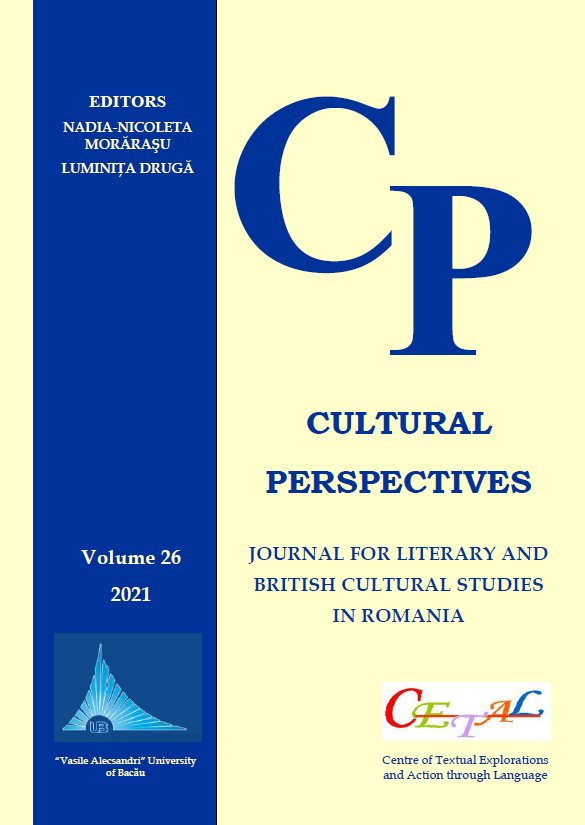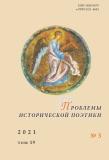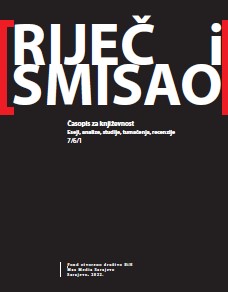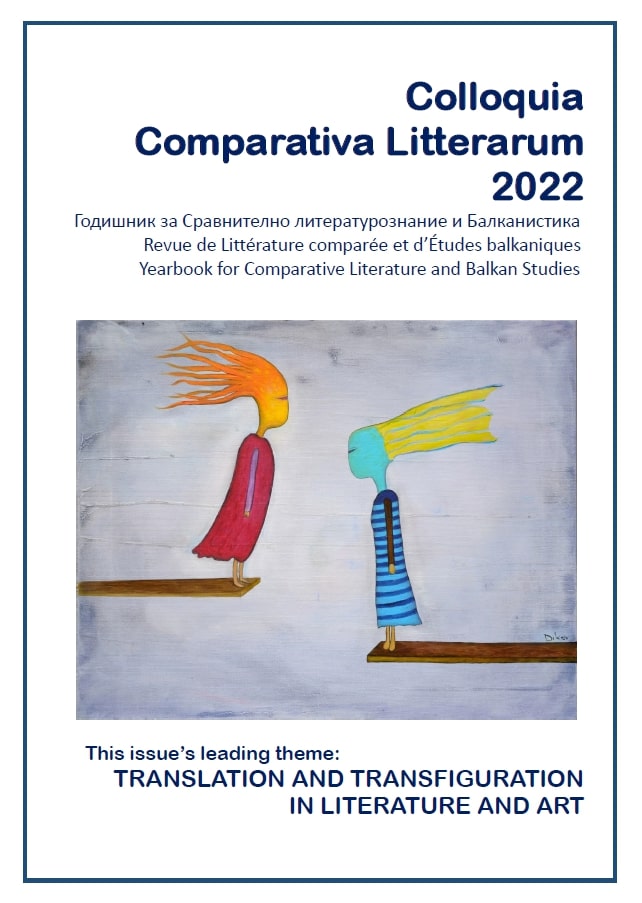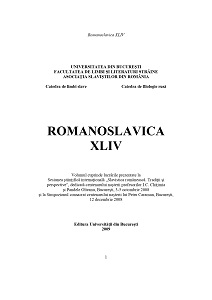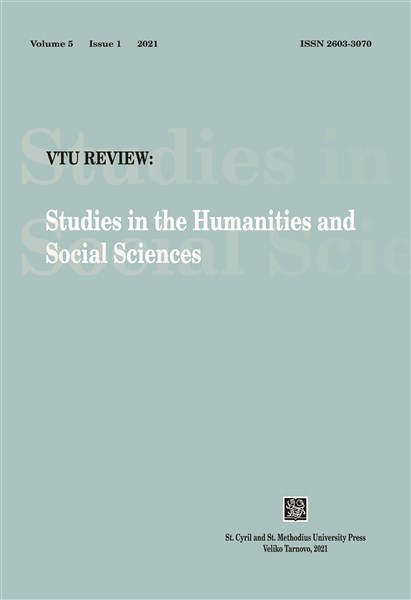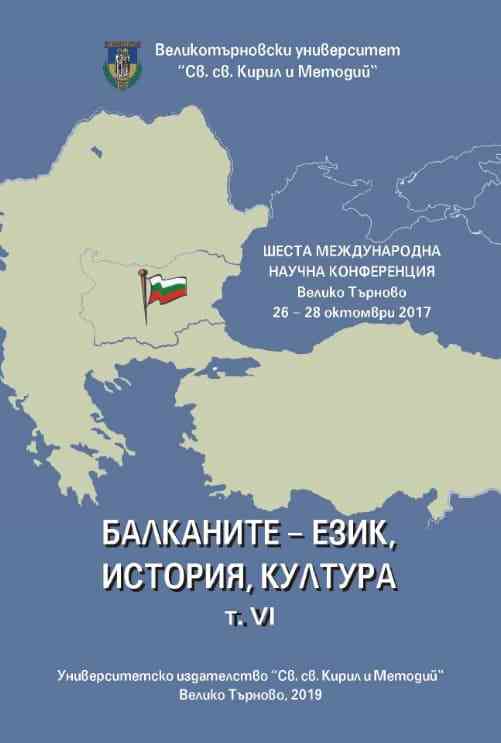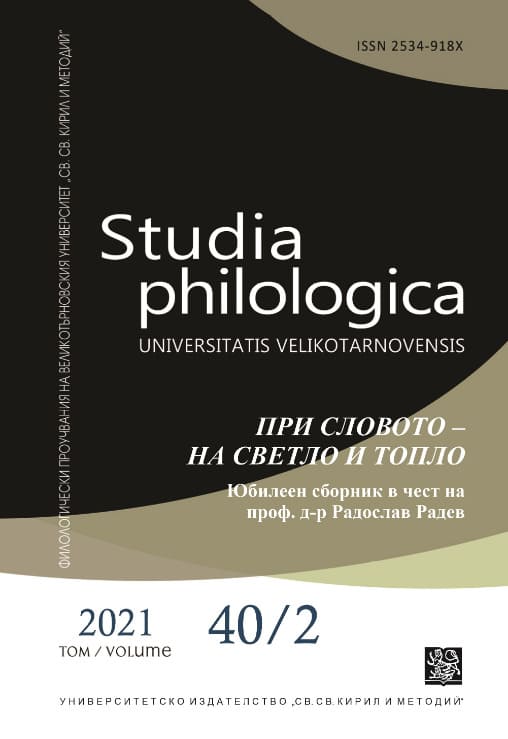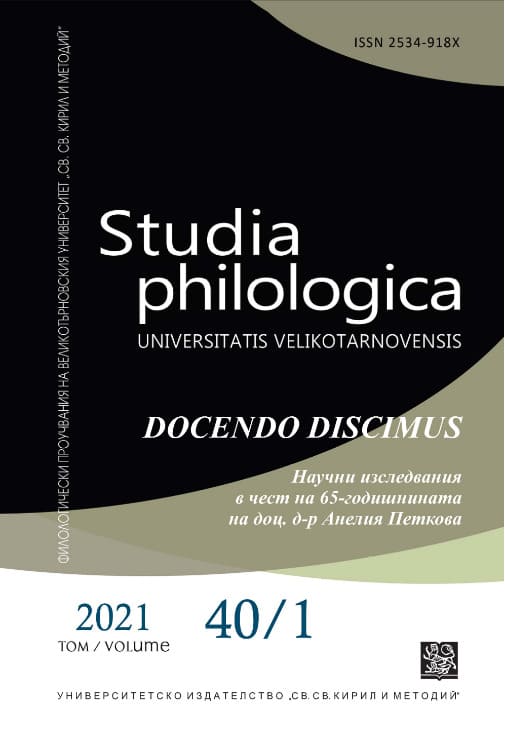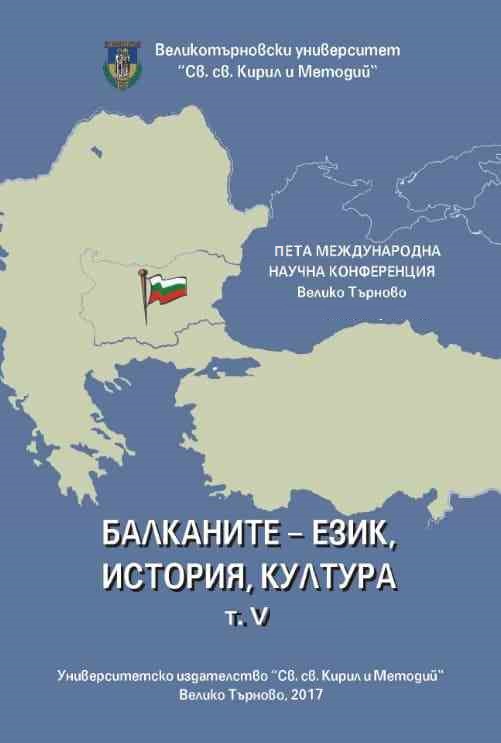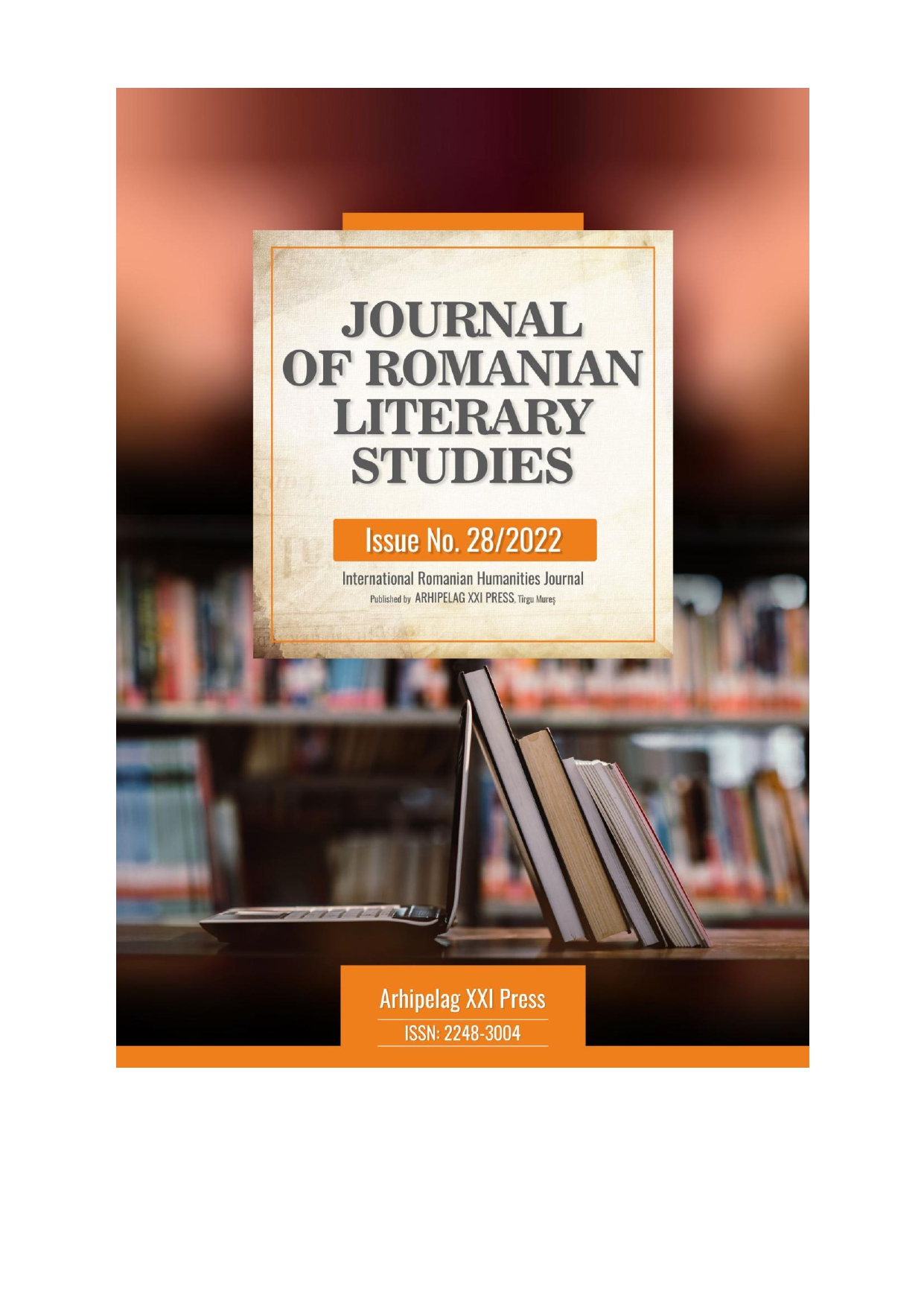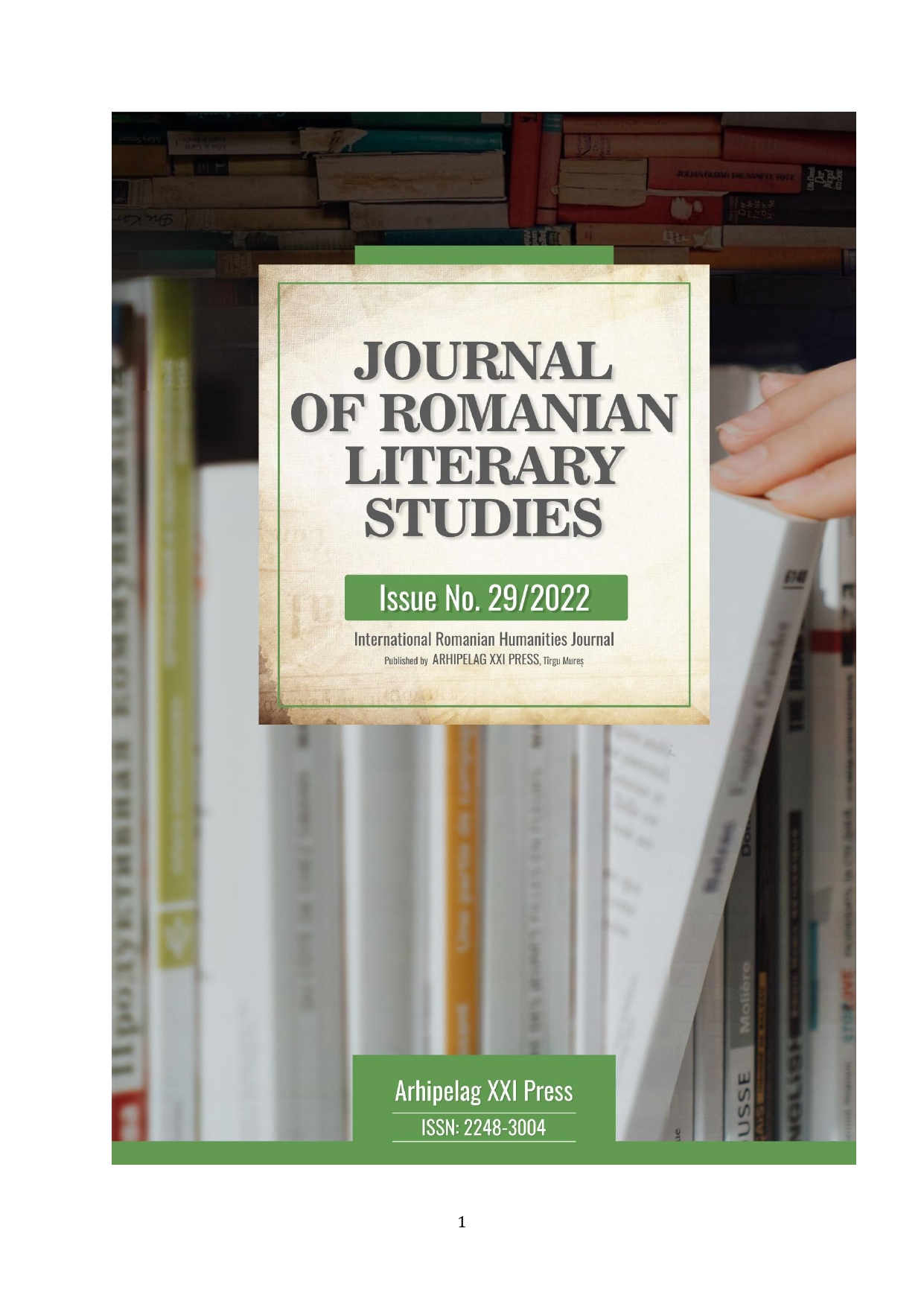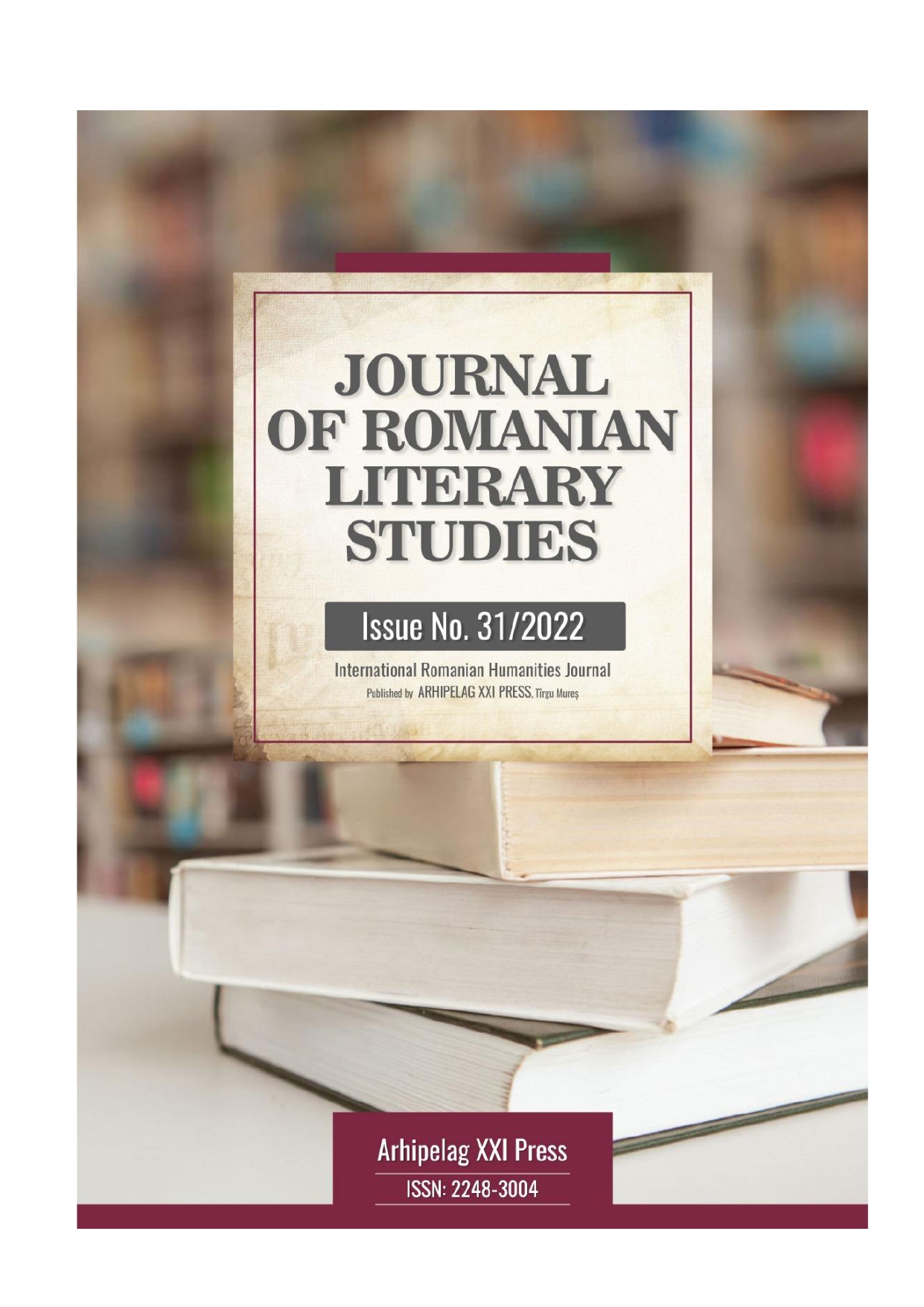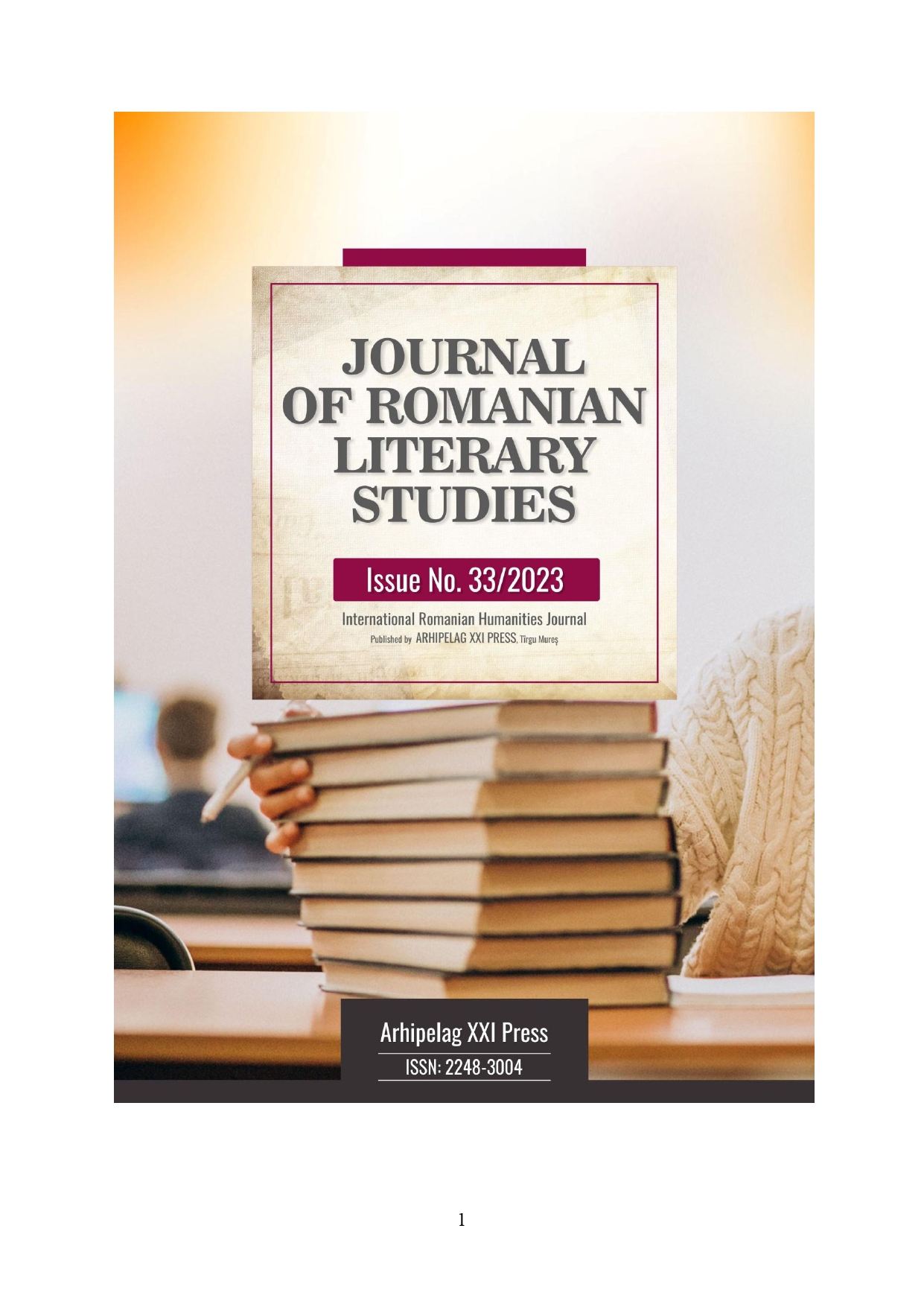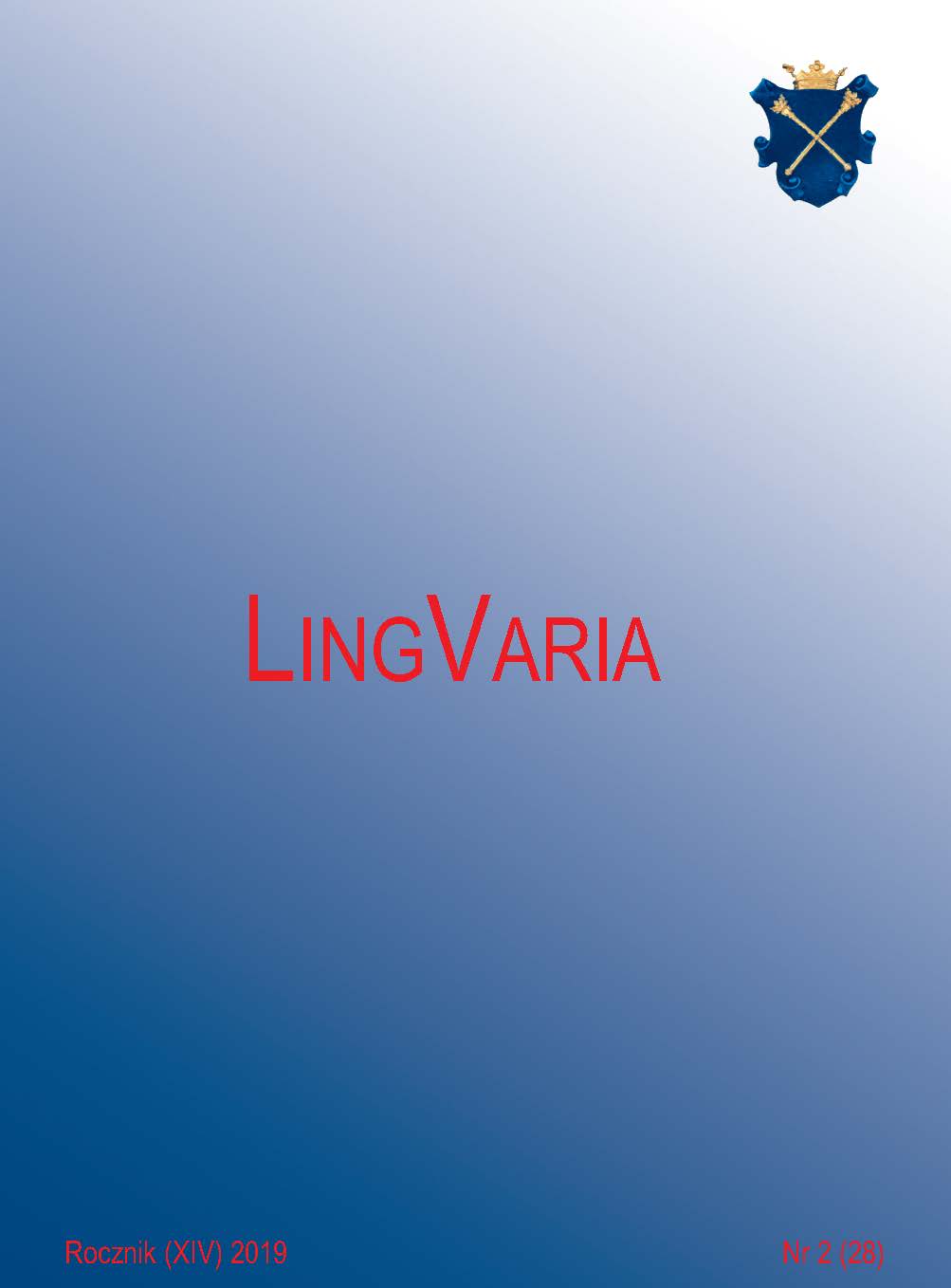
A czy to ja kalika, czy nie mom konika? (Nie)sprawność w świetle erotyku ludowego
Folk erotic poetry, as ‘a song of lovers not yet tied by the knot’, is a genre of text that relates the notion of love and the image of intimate body parts, the roles assigned to woman and to man, as well as social and moral norms in the traditional community. At the base of this genre lie such values as: happiness in love, physical contact, lovers’ openness to the love game, youth and beauty, success and favour, the light-heartedness of the lovers, fun and laughter, freedom, faithfulness and stability; marriage is a relative value, important for the girl, and wealth. Another value that is important in the light of folk erotic poetry, is an able body, sexual performance; the anti-value is a body that is diabled, sick, deprived of its functionality. Deficiency in the art of love, the man’s incompetence or inability to perform a sexual act is for the poetic lover a kind of disability that devalues and disqualifies him as a man and the partner of love act in the eyes of a woman awaiting sexual fulfillment. From the point of view of the heroine, it is justified to describe such a lover (love-cripple) as a disabled or even defunct person. The reason for this unambiguous and stigmatizing categorization is not only the inability to provide the girl (also a young wife by an old man) with erotic pleasure (kochanie ‘touching, moving’), but also to perform the love act which the folk culture understands as a participation in the creative action of the entire cosmos.
More...
